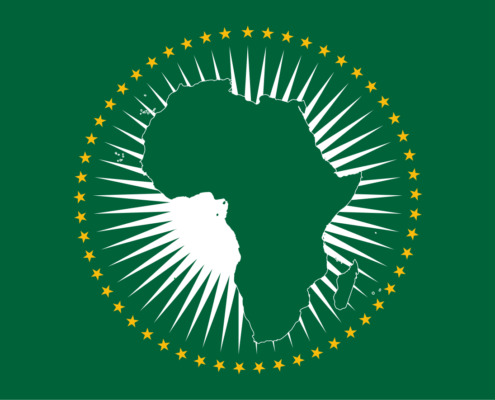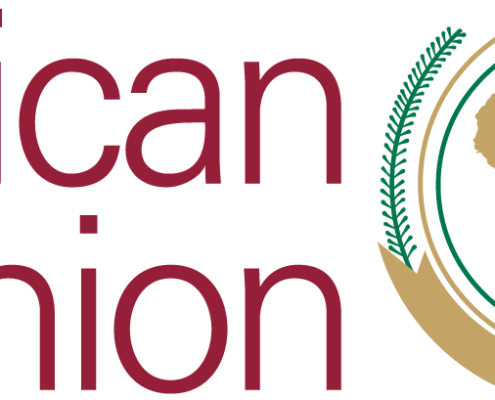History
The historical foundations of the African Union originated in the First Congress of Independence African States, held in Accra, Ghana, from 15 to 22 April 1958. The conference aimed at forming the Africa Day, to mark the liberation movement each year concerning the willingness of the African people to free themselves from foreign dictatorship, as well as subsequent attempts to unite Africa, including the Organisation of African Unity (OAU), which was established on 25 May 1963, and the African Economic Community in 1981.
Critics argued that the OAU in particular did little to protect the rights and liberties of African citizens from their own political leaders, often dubbing it the “Dictators’ Club”
The idea of creating the AU was revived in the mid-1990s under the leadership of Libyan head of state Muammar al-Gaddafi: the heads of state and government of the OAU issued the Sirte Declaration (named after Sirte, in Libya) on 9 September 1999, calling for the establishment of an African Union.
The Declaration was followed by summits at Lomé in 2000, when the Constitutive Act of the African Union was adopted, and at Lusaka in 2001, when the plan for the implementation of the African Union was adopted. During the same period, the initiative for the establishment of the New Partnership for Africa’s Development (NEPAD), was also established.
The African Union was launched in Durban on 9 July 2002, by its first chairperson, South African Thabo Mbeki, at the first session of the Assembly of the African Union. The second session of the Assembly was in Maputo in 2003, and the third session in Addis Ababa on 6 July 2004.
Since 2010, the African Union eyes the establishment of a joint African space agency.
Barack Obama was the first-ever sitting United States president to speak in front of the African Union in Addis Ababa, on 29 July 2015. With his speech, he encouraged the world to increase economic ties via investments and trade with the continent, and lauded the progresses made in education, infrastructure and economy. But he also criticised a lack of democracy and leaders who refuse to step down, discrimination against minorities (including LGBT people, religious groups and ethnicities) and corruption. He suggested an intensified democratisation and free trade, to significantly increase living quality for Africans.
Treaties
| Signed In force Document |
1961 1962 |
1963 1965 OAU Charter |
1991 N/A Abuja Treaty |
1999 2002 Sirte Declaration |
|||||||||
| Organisation of African Unity (OAU) | African Economic Community: (AEC) | ||||||||||||
| Community of Sahel-Saharan States (CEN-SAD) | |||||||||||||
| Common Market for Eastern and Southern Africa (COMESA) | |||||||||||||
| East African Community (EAC) | |||||||||||||
| Economic Community of Central African States (ECCAS) | |||||||||||||
| Economic Community of West African States (ECOWAS) | |||||||||||||
| Intergovernmental Authority on Development (IGAD) | |||||||||||||
| Southern African Development Community (SADC) | |||||||||||||
| Arab Maghreb Union (AMU) | |||||||||||||
| Casablanca Group | African Union (AU) | ||||||||||||
| Monrovia Group | |||||||||||||
| · v
· t · e |
|||||||||||||


